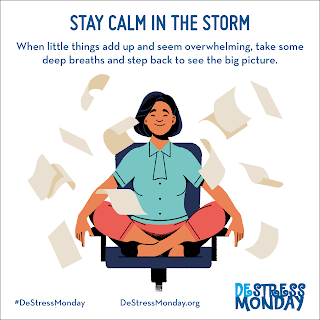MyView will be rigorous. Our standards expect it, especially with text complexity and making sure all students have access to grade-level text regardless of reading level.
Now, we don't want our students to feel like the ones pictured above and that the rigor is so HEAVY they won't feel success. That is why we have to come up beside them and provide scaffolds, like a ladder, to help them do some of the lifting until they are strong enough to do it on their own. That doesn't happen overnight, but it has. to. happen for kids to learn. You can't always be the one doing all the rigorous work.
Here is how curriculum gets "watered down" and isn't as rigorous, paraphrased by yours truly from this recording on curriculum reform. When I say teachers, I may or may not be talking about you. That is for you to decide. I am just stating the facts I learned from this recording. Trust me, there is no judgement as I type these words because they are just as hard for me to face as well. I have been there, done that, and worked harder than my students too many times to count.
1) Teachers have a belief that the kids "can't do it". Yep, that is harsh. It starts with you. (Anyone else think of Haim G. Ginott right now?!)
2) Because of this belief, teachers start to shift away from the core instruction that is rigorous and do the cognitive lift, or thinking, for the students. Who has ever filled out a graphic organizer "with" the kids and it wasn't the direct instruction time? You would totally see my hand raised!
3) Over time, this keeps happening and teachers keep simplifying the tasks which lowers the grade level and rigor to where what is being taught isn't aligned to the standards anymore.
4) The results? Students do not perform well on tests.
I know this is not what any of us wants. So, over the course of the year, we will learn about those scaffolds and how we can support our students with the heavy lifting and thinking until they can do it on their own.
















